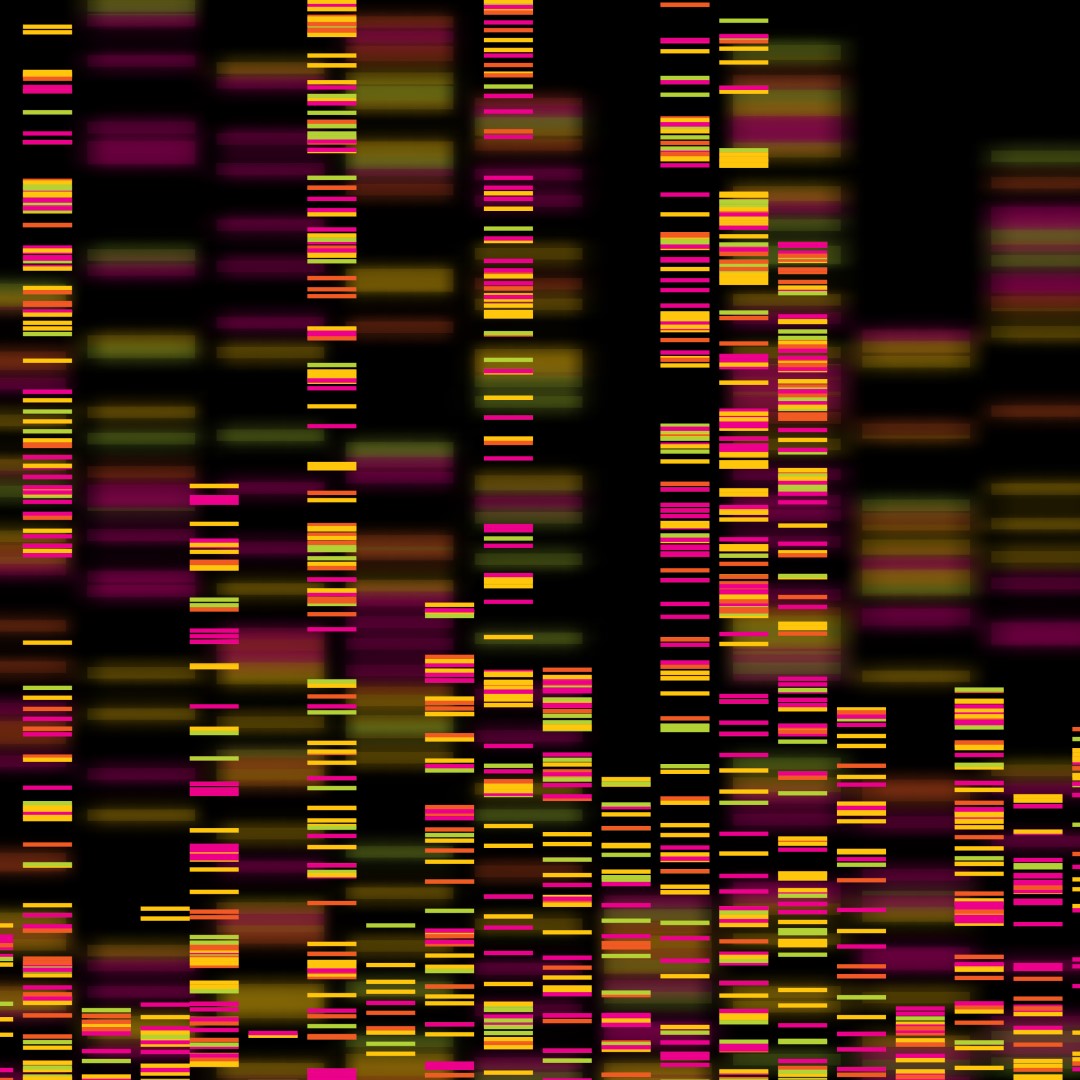
Texas Children’s/Baylor researchers developed new tool to improve accuracy of genetic testing
On Oct. 7, 2025, researchers at Baylor College of Medicine and the Jan and Dan Duncan Neurological Research Institute at Texas Children’s Hospital (Duncan NRI) have created a new way to measure genetic variants in the Genome Aggregation Database (gnomAD), one of the world’s most widely used resources for understanding human genetics.
“This research updates our genomic resources to reflect the full spectrum of genetic variation,” said Dr. Elizabeth Atkinson, assistant professor in the Department of Molecular and Human Genetics at Baylor and principal investigator at the Duncan NRI. “By refining allele frequency estimates for admixed populations, we can improve the accuracy of genetic diagnoses and reduce the risk of misclassification — ultimately benefitting patients across all backgrounds.”
The study represents a major step forward in the field of genetic testing and personalized medicine. Atkinson is the senior author of the study, and Pragati Kore, graduate student in molecular and human genetics at Baylor, and Dr. Michael Wilson, senior associate computational biologist at Broad Institute, are co-first authors.
Genetic testing is a powerful tool for diagnosing disease. If genetic variants are common in the general population, they are more likely to be benign. However, estimates for most population frequencies are based on averages across large groups. For people whose genetic background reflects ancestry from multiple continents, such as those classified as African/African American or Latino/Admixed American in gnomAD, this “aggregate” approach can mask important differences between their ancestral components.
Atkinson’s team applied local ancestry inference (LAI) to address this problem. Instead of looking at the genome as a whole, LAI breaks it down into segments tracing back to different continental ancestries (for example, African, European or Indigenous American). The team then calculated how common each variant is within each ancestry segment. This revealed that many variants thought to be rare in global data are common in certain ancestry backgrounds.
Her team found that in the African/African American and Latino/Admixed American groups, more than 80% of genetic sites had a higher frequency in at least one ancestry-specific tract than previously reported. In some cases, this pushes the variant above a key clinical threshold used by the American College of Medical Genetics and Genomics to classify a variant as benign. This could lead to a more accurate reclassification of variants that might otherwise be misinterpreted.
The new ancestry-specific data is now publicly available through gnomAD, providing researchers, clinicians and genetic testing laboratories with a more precise tool for interpreting genetic variation.
Tags:
Source: Baylor College of Medicine
Credit:
